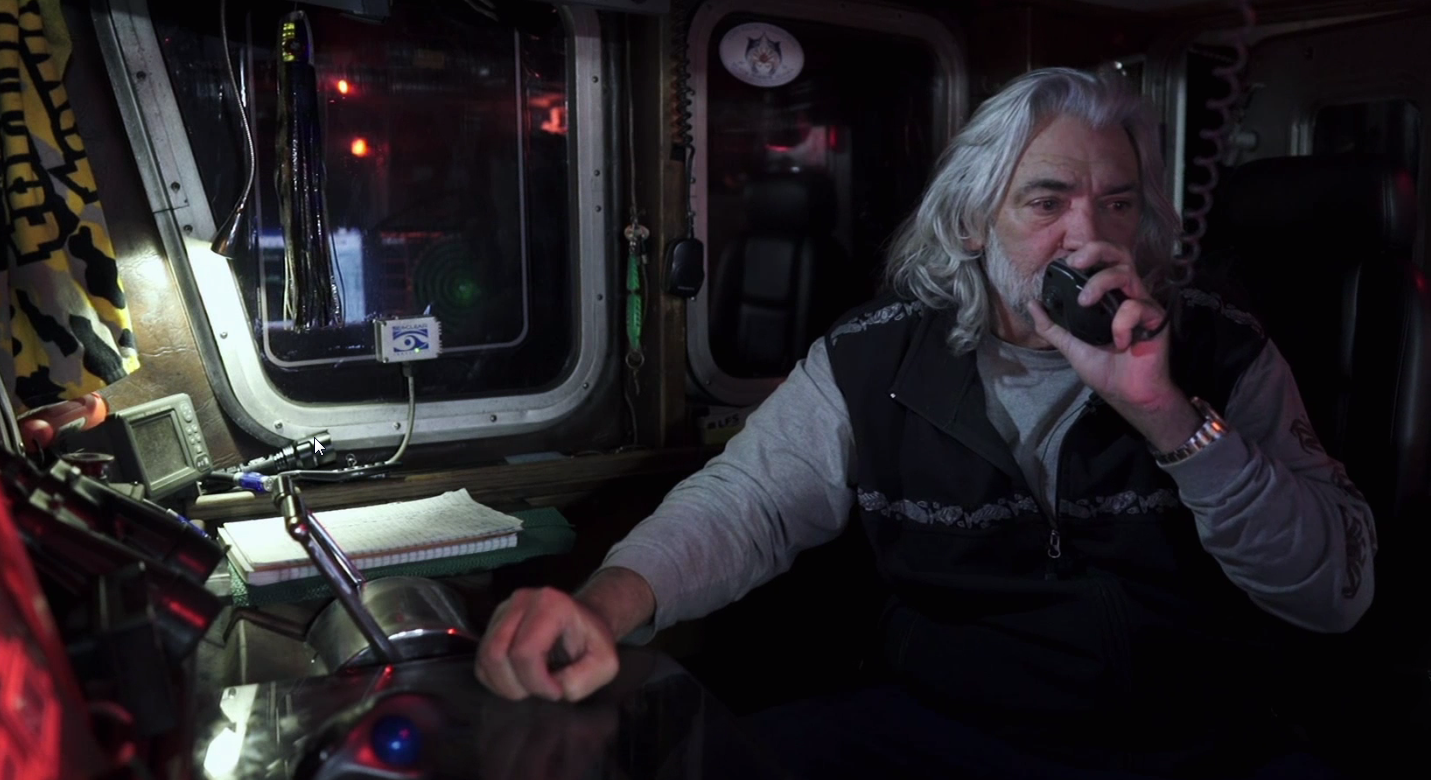EDITORIAL: Striking a balance on enforcing camping, parking limits
Published 12:45 pm Wednesday, November 9, 2022
“Reasonable” and “unlimited” are among the words that Baker City Police Chief Ty Duby used in a recent press release outlining the department’s effort to enforce rules for camping on public property and parking recreational vehicles on city streets.
Trending
Those two adjectives illustrate the challenge that confronts police here and in so many other places around the state and country as they deal with an increase in the number of homeless people.
The city has imposed limits, as it should, on where people can live and how long they can park vehicles including motor homes and trailers.
But as Duby noted, the police department is also striving to be reasonable in enforcing those limits.
Trending
Which is to say, they’re trying to treat people with dignity and respect.
As they should.
Yet compassion for people who lack permanent shelter must be balanced with the government’s obligation to residents whose circumstances are more fortunate.
Duby acknowledged that enforcing rules is not always straightforward.
“Multiple cities in Oregon have been overwhelmed dealing with transient camping that has littered their city with makeshift shelters, garbage, hazardous waste and caused public outcry,” he wrote. “In our best effort to protect Baker City citizens, both with and without homes, the City of Baker City has adopted Ordinance 3383 that regulates camping in Baker City. This ordinance offers reasonable accommodations but does not allow unlimited encroachment of public and private properties.”
A longtime city ordinance requires recreational vehicles, including RVs, utility trailers and boats, that are parked on city streets to be moved within 72 hours.
There’s a legitimate reason for this restriction. Snowplows and street sweepers can’t do their work as effectively if their route is blocked by vehicles.
Ordinance 3383 is much newer, passed by the city council this May. It deals more specifically with an issue that has become a more visible in the past couple years — homeless camps.
Ordinance 3383 regulates camping on public property.
The ordinance bans overnight camping in city parks, including the Leo Adler Memorial Parkway path along the Powder River, as well as in several other specific public properties, including within 150 feet of any school, preschool or childcare center, or at the Baker Heritage Museum at 2480 Grove St., the Baker County Courthouse, Sam-O Swim Center, the YMCA gym on Church Street and the YMCA Fitness Center on Pocahontas Road.
The ordinance also states that if someone is living in a vehicle, it must be moved at least every 24 hours and for at least the distance of a city block.
The ordinance bans camping on public property in residential zones, while camping would be allowed, from 8 p.m. to 6 a.m. daily, on public property in the general-commercial, general industrial and light industrial zones.
The ordinance applies only to public property. People are not allowed to camp on someone’s private property, at any time, regardless of the zone.
Although the parking and camping ordinances are separate, they do at times overlap, since some homeless people live in a vehicle.
That situation can cause problems beyond the aforementioned conflict with snowplows and street sweepers.
Duby said the city recently had a travel trailer moved after finding that a sewage hose from the trailer had been placed in a nearby hole. This poses a health risk besides the obvious aesthetic problem.
Although some people likely would prefer that police treat homeless people and camps as they do vehicles that exceed the parking limits, it’s not so simple. People have to be somewhere, after all.
And beyond the logistical challenge of constantly rousting people from their camps, there is also a legal hurdle.
In 2021 the Oregon Legislature, prompted by a federal court decision in an Idaho case, passed a law stating that cities and counties with ordinances regulating camping on public property must ensure those ordinances are “objectively reasonable as to time, place and manner with regards to persons experiencing homelessness.”
Baker City’s ordinance 3383, which allows limited camping on public property, reflects the state law.
None of this is simple, or ideal.
Prohibiting homeless camps in Geiser-Pollman Park, for instance, is an obvious, and necessary, restriction.
But dealing with homeless camps on private property, which isn’t subject to ordinance 3383, can be difficult if, for instance, the property owner doesn’t object.
Nonetheless, the city council was wise to pass the ordinance, and Duby is acting appropriately in trying to enforce it to the extent possible.









